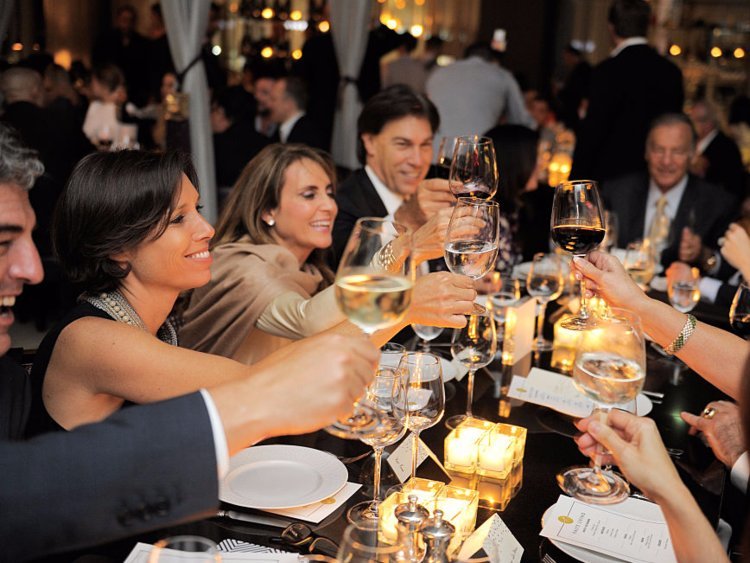Becoming rich seems to be the most important goals in everyone’s life. It’s the dream of having luxurious cars, an expensive house, frequent flyer miles and bottle service at the clubs that keeps us grinding every day, in hopes of finally making it big.

We have heard the saying “money can’t buy happiness” countless times, and even though many might disagree, there is some truth to it
But what happens when you do become rich? Sure, having enough money to buy whatever your heart desires is a great feeling at first. But the pleasure fades quickly, and even the wealthiest fall back into the same old habit of wanting more than they have.
Insatiable Desire for ‘More’
Some psychologists liken this insatiable drive with sprinting on a treadmill – no matter how fast you go, it’s impossible to make progress. Wanting more isn’t a goal that can be fulfilled, it’s an unhealthy mindset that leads you down a dangerous path of unhappiness.
We have heard the saying “money can’t buy happiness” countless times, and even though many might disagree, there is some truth to it. Researchers have devoted their entire careers to studying the link between material wealth and happiness.
And although there is substantial evidence that having a modest income does lead to a sense of satisfaction in life, the relationship between high income and more happiness isn’t directly proportional after a certain point.
Unfortunately, money inextricably defines most of our aspirations and responsibilities in today’s world, and it is almost impossible to break free from this dependence. The trick is to see money as an opportunity for happiness and how it can lead to deeper contentment. Here are three ways you can use money to buy more than just material things.
-
Experiences
Some people say that spending money on experiences can bring a deeper sense of joy than buying material things. The wisdom behind this idea is that experiences tend to strengthen our social relationships which tend to be the biggest source of satisfaction in life.
Researchers once looked at different sources of everyday consumptions and found that the one source that brings us the most amount of happiness is leisure. Yes, taking a vacation or going for a night out sounds really fun but doing it with others is even better.
Experiences are more sensitive than possessions to ‘hedonic adaption’ – a term that measures how quickly people grow accustomed to certain things, whether good or bad.
Experiences like vacation or night out with friends are mental dimensional and tend to bring us more emotional satisfaction than buying a phone or an expensive accessory. Experiences shape our identities and tend to remain in our memories for a lifetime – and that is what makes them priceless.
-
Other People

Research has shown that spending money on pro-social activities gives us a sense of happiness that we can’t get from spending on ourselves
Material possessions tend to lead to a life of greed and gluttony where it can become easy to forget about sharing our wealth with people we love. Research has shown that spending money on others – also known as prosocial spending – gives us a sense of happiness that we can’t get from spending on ourselves. In one research strangers were approached with an envelope that contained a $5 bill.
One group was asked to spend the money of themselves while the other was told to give the $5 to a charity or donation. At the end of the experiment, people who spent the money on others reported a higher sense of satisfaction than those who used the money on buying something for themselves.
-
Time
In today’s modern world, it’s easy to become overwhelmed money can certainly buy you more time by allowing you to access short-cuts that increase convenience and eliminate distractions. Think of having more money to afford a VIP pass to Disneyworld that reduces the time spent waiting in lines, or paying extra for a non-stop flight. These are some of the few time-saving luxuries that only money can buy.

Some of the richest people in the world are also the poorest when it comes to having times for leisure activities. This is one of the reasons why workaholics end up feeling miserable because their work fails to give them a deeper sense of purpose.










